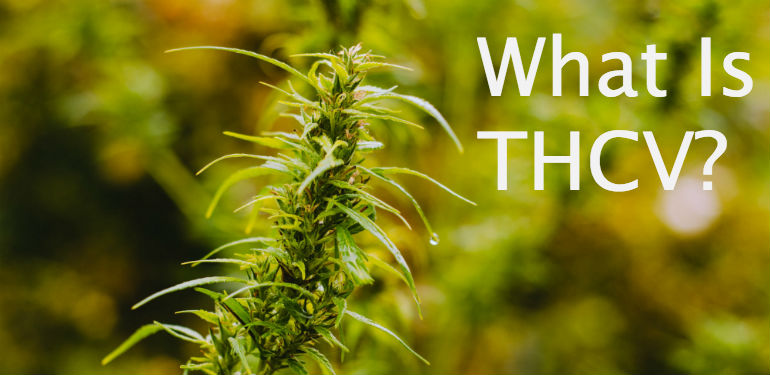Tetrahydrocannabivarin (THCV) is a cannabinoid compound found in cannabis and hemp plants. It's chemically similar to tetrahydrocannabinol (THC) but with some key distinctions. Here's whatever you need to know about THCV including the dangers, advantages, distinctions, and resemblances with other kinds of THC and more. What Is THCV? THCV is a less typical cannabinoid discovered in some pressures of cannabis, especially African sativa.
 What Is THCV (Tetrahydrocannabivarin) And What Does It Do?
What Is THCV (Tetrahydrocannabivarin) And What Does It Do?
![]() THCV vs THC: What Are the Differences? Articles Analytical Cannabis
THCV vs THC: What Are the Differences? Articles Analytical Cannabis
 THCV: Everything You Need to Know CannaMD
THCV: Everything You Need to Know CannaMD
THCV has a 3-carbon side chain instead of THC's 5-carbon side chain. This distinction is subtle, but it has an obvious effect on the result profile. THCV is rather psychedelic however just about and about. What Does THCV Seem like? THCV has a strong energy-boosting element to it, that makes it particularly popular among students and athletes.
In the United States, THCV guideline is nuanced. THCV is not a Schedule I Drug, but cannabis extracts are making it somewhat unclear what the federal position is on THCV. The 2018 Farm Bill specifies that hemp plants and all derivatives of the plants are legal on a federal level, so numerous companies abide by this law and still supply THCV to consumers by only drawing out the compound from hemp plants.
If THCV is considered a THC analog, it might be managed in the future by the very same guidelines as THC under the Federal Analog Act. This act mentions that any compound that shares a similar molecular profile as a known forbidden substance it's included in the very same drug Arrange classification.
What Are the Results of THCV? Supporters of THCV report that it produces an extreme burst of energy and makes them feel euphoric without the mental cloudiness triggered by THC. The effects are extremely moderate compared to THC. The results are nearly solely cognitive yet in some way have extremely little effect on headspace.
2. THCV & Cravings Some THCV users claim that it curbs their appetite. This is a typical impact of other focus-enhancing substances. It's as though THCV gets rid of the interruption of other physical procedures (like appetite) in order to maintain resources and attention to cognitive tasks instead. How Does THCV Work? thcv where to buy Cannabinoids produce Article source biological results in the body by interacting with endocannabinoid receptors.
CB1 receptors lie in the anxious system and interact with neurotransmitters in the brain to produce mind-altering results. Interaction with CB1 sites is what gives some cannabinoids like THC their psychoactivity. THCV is a bit difficult to comprehend due to the fact that it's mostly a CB1 antagonist, indicating it has the opposite effect as THC.
While scientists are still looking for to understand this process, it appears THCV has the ability to obstruct the impacts of CB1 in low dosages and stimulate them in high doses. CB2 receptors are found mostly in the immune system. THCV is a partial agonist of CB2, however the impacts of this partial activity aren't widely known, and it seemingly has no noticeable effect on THCV users' experience.
As mentioned in the previous section, THCV is a CB1 villain in low doses which is the exact opposite result of delta 8 and delta 9 THC. This might mean https://farryngwbm.doodlekit.com/blog/entry/20982052/9tetrahydrocannabivarin-thcv-pubmed that THCV neutralizes some of the psychoactive impacts of THC. This result could explain why individuals who utilize THCV feel so clear-headed especially compared to the notorious "fogginess" caused by delta 9 THC.
check here